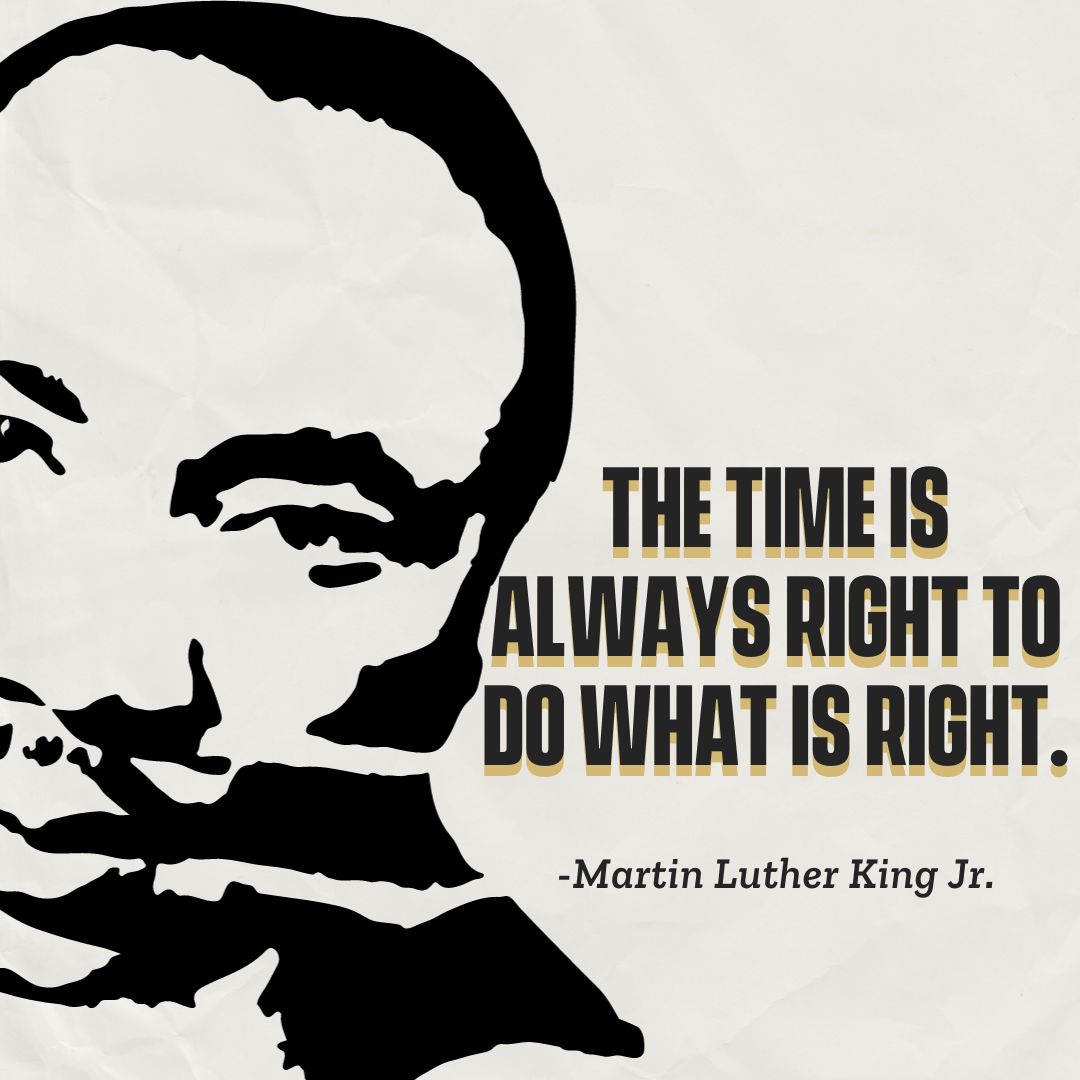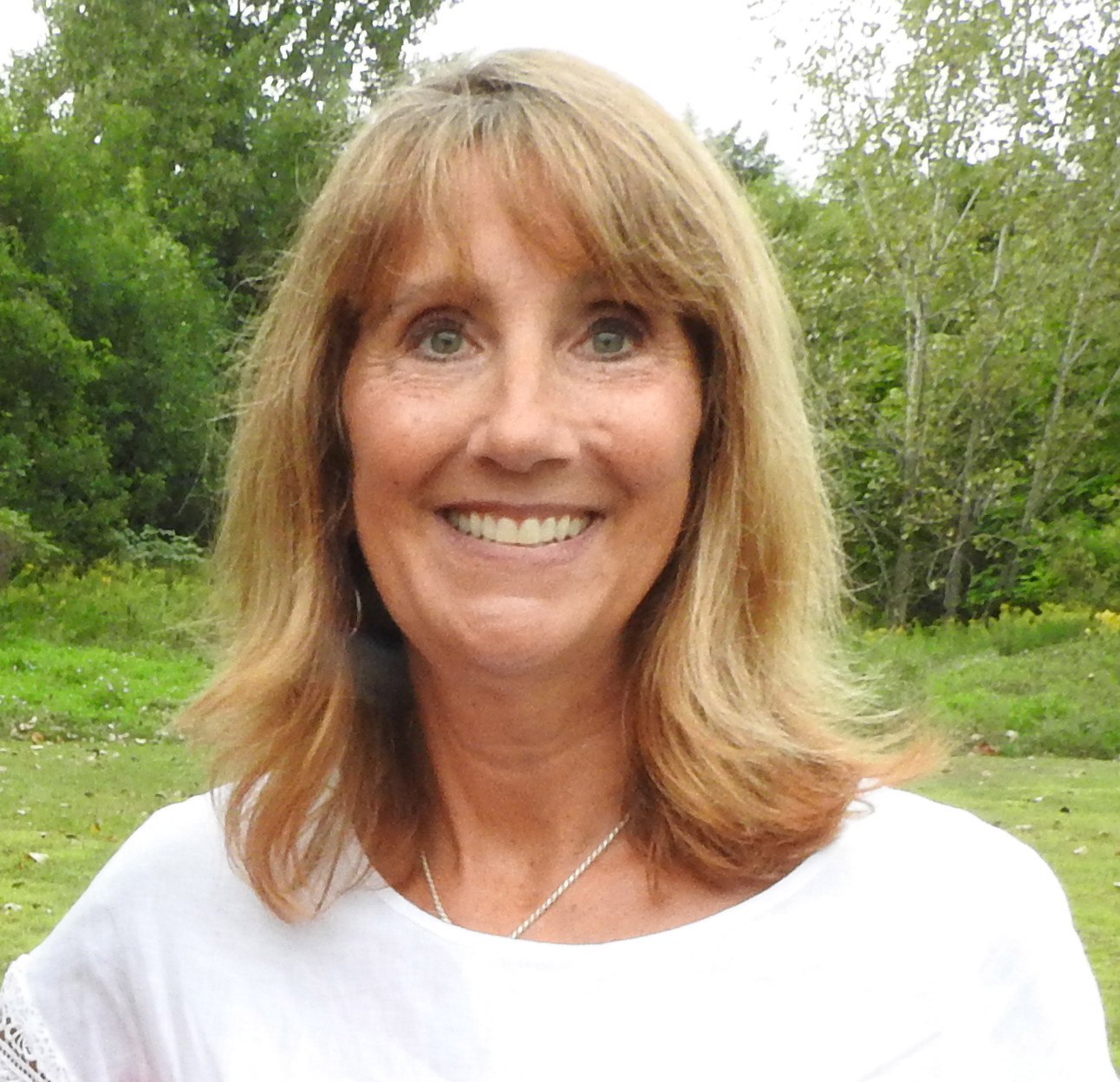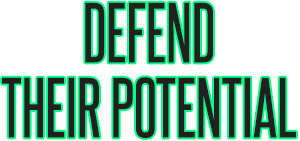Celebrating Martin Luther King Jr. and His Mentors
Martin Luther King Jr. was a revolutionary. At the time he was assassinated, he was working on the Poor People’s Campaign, a multi-racial campaign for economic equality and justice, his public disapproval rating was nearly 75%.
And yet today he is rightly, widely revered. His achievements and courage serve as inspiration to activists and millions of believers that one day all people will enjoy equal rights both on paper and in their lives.
“Life’s most persistent and urgent question is: What are you doing for others?” Dr. King said in a 1957 sermon.
Giving back was one of Dr. King’s “three dimensions of a complete life.” It also serves as a basic principle of Big Brothers Big Sisters’ one-to-one mentoring programs, which rely on the generosity of volunteer mentors.
MLK Day also falls during National Mentoring Month. King was not only a visionary and revolutionary, he was a mentor, and his own mentors helped encourage him to be the leader he is remembered as today.
Dr. King’s Mentors
Benjamin Mays was president of Morehouse College in Atlanta, where King pursued his undergraduate in sociology. Mays was a minister and the son of enslaved people. He taught King the importance of sharing history in the fight for equality. King was even known to quote Mays in a few of his most famous speeches.
Howard Thurman acted as a mentor to King while he pursued his doctorate at Boston University. Thurman, a professor, theologian, author and civil rights leader, travelled to explore world religions and met Gandhi in 1935. It was, in part, through Thurman’s teachings of Gandhi that King was able to apply the philosophies of civil disobedience and nonviolence during the Civil Rights Movement.
Bayard Rustin, already an activist in American social movements, would meet King in 1956. Rustin’s strategies and organizational skills helped King gain the knowledge to more effectively organize the community to form a larger movement. Rustin was an openly gay man, which during the time of the 1940s and 50s was extremely dangerous. The courage of his openness and pacifism inspired King to fully establish the Civil Rights Movement, with Rustin as a co-founder.
Many mentors inspired and assisted Dr. King in his Civil Rights work. Sometimes we look at great leaders without taking into full consideration those who helped them achieve their potential.
As we celebrate the work of MLK and National Mentoring Month, consider honoring your own mentors by becoming one today. MLK once said he had a dream. It’s important for us to remember that all youth have dreams filled with potential, and through the power of mentoring, those dreams can be ignited.



